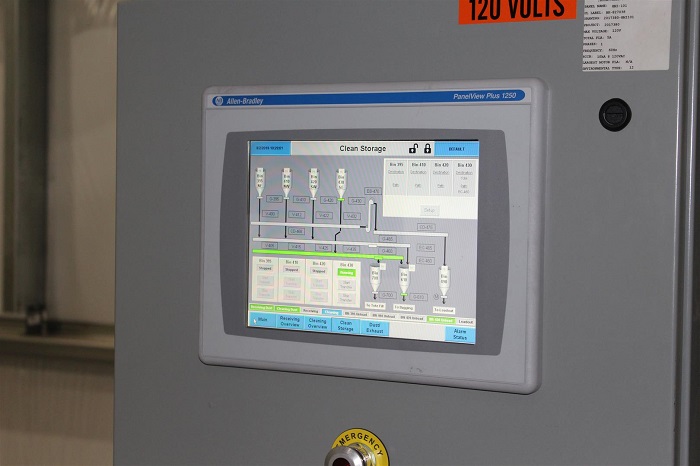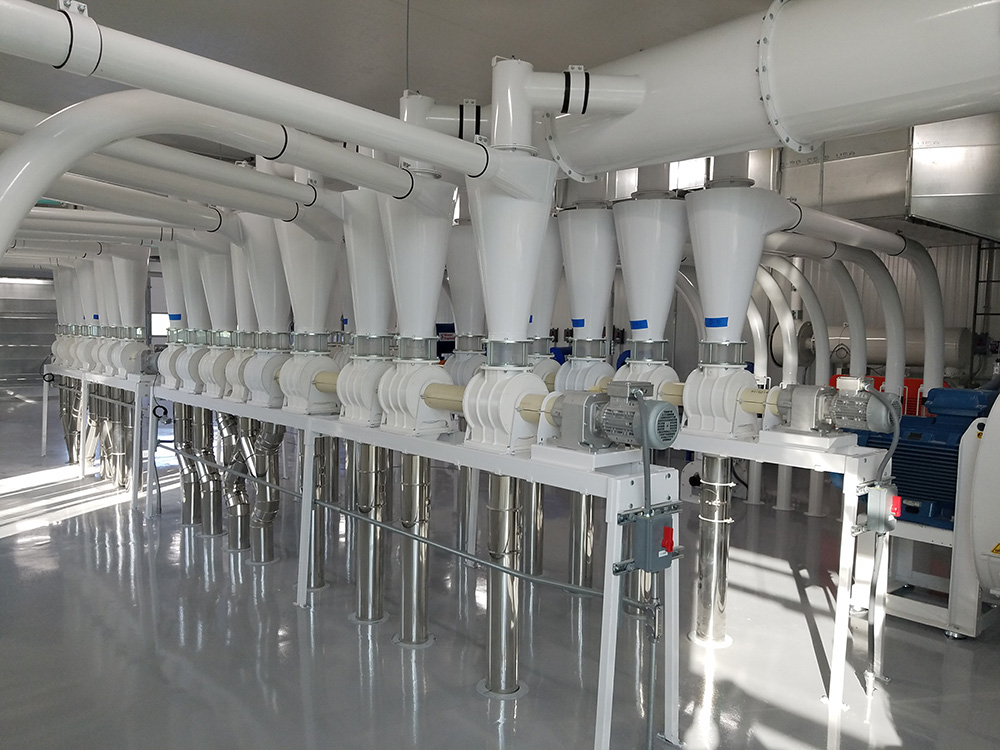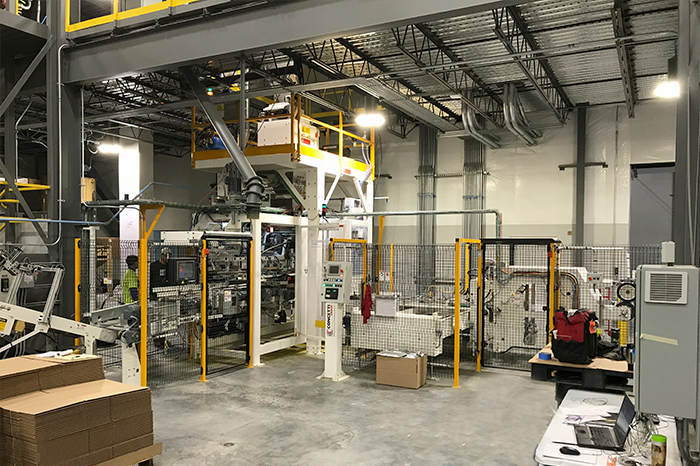How Automated Solutions Increase Your Industrial Process Efficiency
Written by: Ann Stutler

Process automation is the use of technology to automate repetitive, manual tasks. It can streamline business processes, improve efficiency and accuracy, and reduce costs. In many cases, it can also improve customer satisfaction by providing a more seamless and efficient experience. Process automation can benefit companies in a number of ways. For example, it can help to reduce errors and improve quality control.
It can also increase productivity by freeing up employees to focus on higher-level tasks and more than 70% of business believe it's important. Additionally, automation has been forecast to dominate in 2022. Process automation can help to create a more streamlined and efficient organization, improving the overall efficiency of the company. Ultimately, process automation can provide significant benefits for companies of all sizes.
Four Types of Automation
- Fixed automation. This commonly referred to as stiff or hard automation. It is mostly utilized for repeated activities and only works with specific equipment, ensuring consistency in high-output companies. This is the least flexible type of automation.
- Programmable automation. It generally needs a fresh set of instructions in order to change the production procedure and performs best for products produced in batches. It uses specifications to regulate sequencing and related operations, and is often used for medium-level production quantities.
- Soft automation. It's often referred to as flexible automation, may be used to produce a wide range of items. By enabling quicker and more automated system changes, it shortens the time needed to set up the machinery between production runs.
- Computer systems. These are used by CIM (computer-integrated manufacturing) automation to manage its automated production procedures.
Which Industries Can Benefit Most From Automation?
As manufacturing automation develops, more sectors will be affected. Regardless of the economy, specialized automation will be adapted for new purposes and replace human labor, particularly those doing unskilled tasks or working in hazardous environments. As a result, it will benefit employees by making workplaces safer and their employment more interesting. So, which industries can benefit the most by process engineering?
Food and Beverage Processing
Processing of food and drinks is a great candidate for automation. Engineering automated solutions to handle a lot of the repetitive duties in the business can increase output while protecting people from repetitive stress injuries. Implementing automation solutions for packaging can greatly increase process efficiency. Consistency in the final product is guaranteed by automated equipment for measuring and mixing components as well as by commercial ovens that make use of conveyance systems.
General Manufacturing
The enhanced productivity brought about by automation benefits manufacturers. Some of the first companies to use automated machinery to carry out repetitive labor were automakers in the 1960s. They included robots into their industrial production lines. Robots are currently used in the electronics sector to do tasks like dealing with parts, inspecting, testing, and applying sealant to PCBs (printed circuit boards).
Automated equipment has increased manufacturing efficiency in the industry and reduced the demand for low-skilled workers. A prime example of this is how Bratney Companies implemented automated flour bagging lines ins in St. Louis. General manufacturing might also benefit from the use of automated robot palletizers.
Construction
The construction industry has been notoriously slow to adopt new technologies. However, there are many ways in which process automation can benefit industrial construction, from reducing costs to improving safety. One of the most obvious benefits of process automation for construction is that it can help to reduce project costs. By automating repetitive tasks, construction companies can save on labor costs and improve project efficiency.
In addition, process automation can also help to improve project quality by reducing the chance of human error. In addition to reducing costs, process automation can also help to improve safety in the construction industry. Construction is one of the most dangerous industries in the world, and process automation can help to reduce the risks associated with manual tasks.
What to Consider Before Switching to Automated Solutions?
Switching to industrial automation solutions can be a significant change for any organizations — switching is usually the most difficult step. Before making the change, there are several things you might want to consider.
1. Impact on Other Processes
How automation of one process may impact other processes is among the most crucial factors to take into account when deciding whether to automate a process. The process you select is probably going to go faster with automation, which will affect the processes before and after throughout production.
For instance, automated welding will speed up the welding process, but to prevent accumulation. It will also need a faster supply of components and faster finishing procedures. Therefore, it's crucial to automate the appropriate operations that won't interfere with other production phases. To minimize interruption, it seems sense to select phases where there has already been buildup or stages when output is decreasing.
2. Cost
You must ensure that the cost is justified because investing in robotic labor entails a significant upfront expense. The efficiency improvement generally won't make a significant enough difference to yield a significant return on investment if your store does not have a large volume. However, automation will help you create even more goods and likely save you money, if your business has a big volume.
3. Repetitive Tasks
Consider repetitive operations as priority while deciding which processes to automate. When it comes to repetitive tasks, human workers are often highly unproductive because they become bored. Your employees will have more time to work on tasks that call for craftsmanship and problem-solving abilities if you automate this kind of operation. Utilize your staff in this way while allowing machines to do the more laborious tasks.
There's no doubt that automation solutions are the way of the future, and have even become commonplace in many industries today. Processes that involved repetitive, unskilled labor can benefit most from process engineering solutions. Before you make the switch, consider which processes you'll automate, if the cost makes sense for your business and the impact it might have on other processes.


